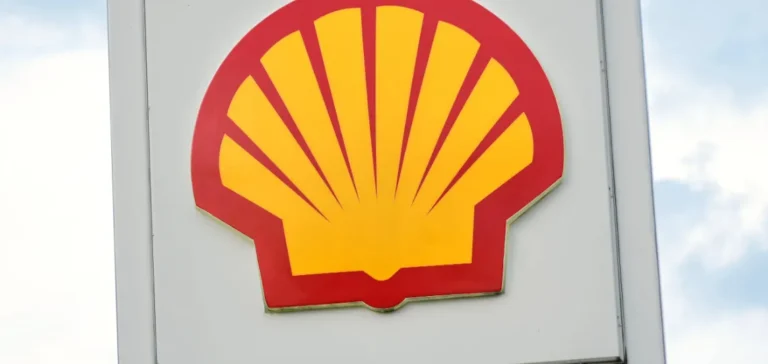The British oil group Shell reported a 23% decrease in net profit for the first half, reaching USD8.38bn, with revenue down nearly 9% to USD136.6bn. This result is attributed to lower margins and prices in the hydrocarbon market, which affected the entire period.
Cost control and strategic adaptation
Since 2022, Shell has reduced its structural costs by USD3.9bn, according to Chief Executive Officer Wael Sawan, highlighting the group’s commitment to optimising expenditures. As part of this ongoing strategy, a new share buyback programme totalling USD3.5bn has just been announced. This measure comes in addition to the existing target to achieve between USD5bn and USD7bn in savings by 2028 compared to 2022.
For the second quarter, net profit slightly increased to USD3.6bn. Adjusted earnings, excluding exceptional items, amounted to USD4.26bn, down by a third year-on-year but above analysts’ forecasts. Shell had earlier indicated an expected decline in oil and gas sales compared to the first quarter.
Market fluctuations and sector outlook
The drop in oil prices early in the quarter was exacerbated by uncertainties over global economic growth and the ongoing trade war. A temporary rebound occurred at the end of June following a twelve-day conflict between Iran and Israel, before prices stabilised again. The fall in half-year net profit follows the trend from 2024, when Shell had already recorded a 17% annual decrease, mainly due to shrinking margins.
The company is pursuing its cost-control and shareholder-return strategy while adjusting its position in response to market volatility. The British group remains attentive to global price trends and a competitive environment that directly impacts its results.
Response to merger rumours
Shell has formally denied any contact with BP regarding a potential acquisition, following reports suggesting the opening of talks. This rumour, which frequently recurs in the sector, has never been officially confirmed. The group prioritises transparency about its strategic directions and focuses on the strength of its operational model amid various pressures.
The launch of a new share buyback programme comes at a time when the adaptability of major companies in the oil sector is closely monitored by markets and specialised analysts.






















